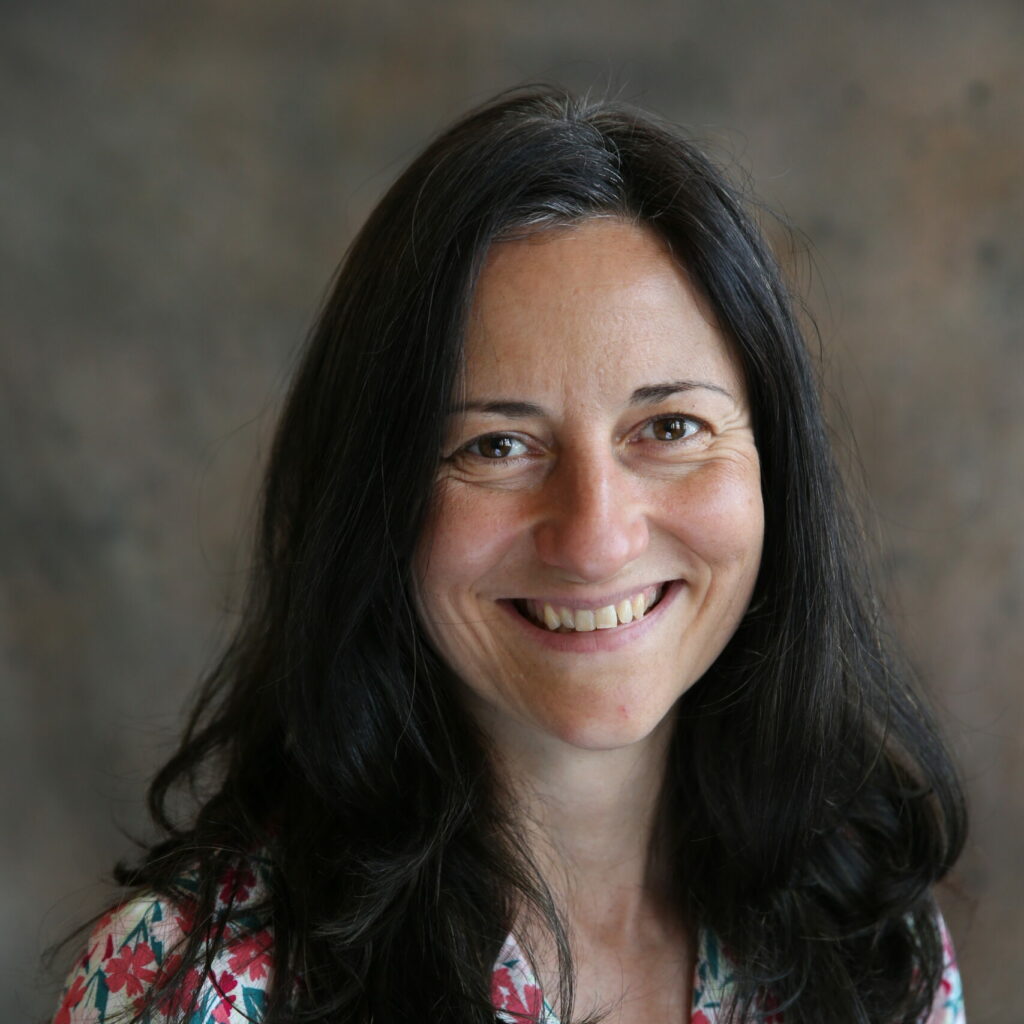About
The professional development course offered to teachers by the transla project provides a range of activities that help teachers involve multilingual children and their parents and improve home-school collaboration
The new law in 2017 declared multilingual education mandatory with the focus on developing Luxembourgish, familiarizing children with French and valuing their home languages. It is therefore necessary to help the teachers to constructively approach children’s daily multilingual practices particularly in their critical preschool years. Translanguaging pedagogy builds on the use of the full linguistic repertoire of linguistically diverse children in a number of ways. Translanguaging engages children cognitively, linguistically, and socio-emotionally in order to reinforce their learning, achievement, and identity. This project advocates partnership-based research where the aims are to: (1) provide professional development course on translanguaging to preschool teachers to help them design their multilingual classroom practices, (2) foster home-school collaboration by actively involving children’s families, and (3) reinforce children’s cognitive, linguistic and socio-emotional engagement in the classroom. The programme contains 8 sessions on multilingual classroom, home-school collaboration, multilingual brain and cross-linguistic transfer, oracy, literacy, and teachers’ own experience with translanguaging pedagogy.
To assess the effectiveness of the course and reach the first aim, 40 teachers participated in the focus groups and filled in the questionnaire before and after the course that lasted for six months (June – December 2019). To investigate the second aim on home-school collaboration, we interviewed 17 parents. Furthermore, to examine children’s cognitive, linguistics and socio-emotional skills, 23 children were tested by a test of early literacy and numeracy in Luxembourgish and their home language, three times over the course of one year. In addition, teachers filled in the questionnaire on children’ socio-emotional development and behaviour. The second aim was further explored through the video recordings of the classroom sessions led by selected teachers and their preschool groups. We filmed teacher and children interactions during multilingual activities as well as parent involvement such as reading a book in children’s home language. In February 2021, we organised a teacher-parent conference in which we presented the positive results we gathered during the project.
A wealth of research has shown that children’s engagement, positive attitudes toward the school and close home-school collaboration increase their academic achievement. More specifically, research has shown that translanguaging develops deeper thinking, affirms multiple identities, develops language and literacy, and promotes social justice. Thus, the present project supports this mission too.
*Adapted abstract from the project proposal.
Translanguaging Programme for Teachers Working with Language Minority Preschool Children
Principal Investigator: Dr Gabrijela Aleksić
Research Associate: Džoen Dominique Bebić-Crestany
Local mentor: Claudine Kirsch
External mentors: Ofelia García and Nancy Hornberger
Project Duration: 01.02.2019. – 31.07.2021.
Supported by the Luxembourg National Research Fund
C18-SC-12637907-TRANSLA-Aleksic


Photo credit : Bojan Petrović
The project TRANSLA developed and carried out by
Gabrijela Aleksić
THANK YOU
MERCI
DANKE
Iryna Verba, for help with the text, Džoen Bebić-Crestany for collected activities in the program, Maristella Mangipinto for fantastic illustrations, Karine Gillon, who put me in contact with Maristella Mangipinto, and Jessica Domingues Mouro, Christiane Colbett and Helena Vieira Da Silva for the French and German translations. I would also like to thank teachers, parents, and children who participated in the project.
Finally, I would like to thank the TRANSLA project team: Džoen Bebić-Crestany, Claudine Kirsch, Ofelia García, and Nancy Hornberger, and my two students, Iryna Verba and Miriam Ventura, for their fantastic work in different phases of the project.
Supported by

Supported by the Luxembourg National Research Fund (FNR)
(FNR C18-SC-12637907-TRANSLA-Aleksic)